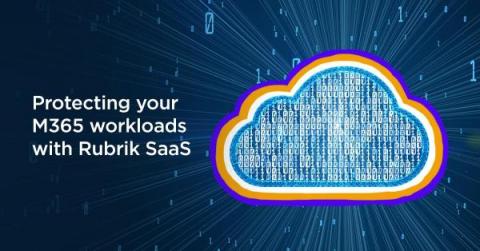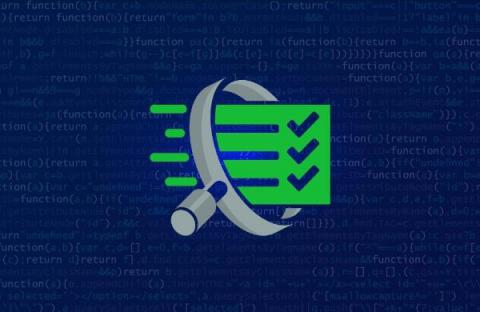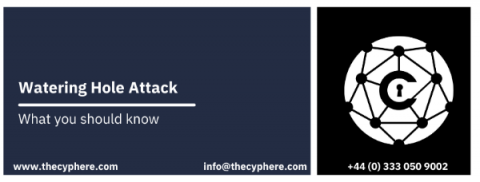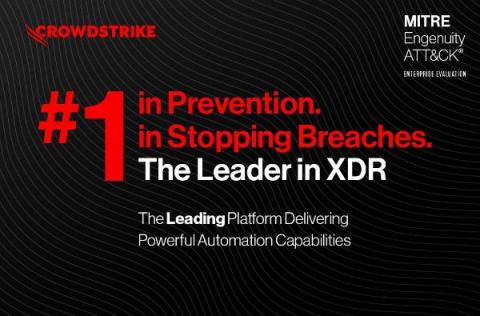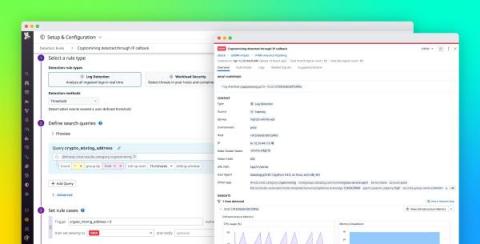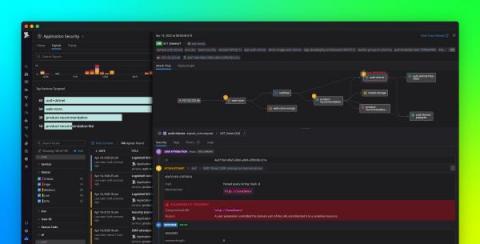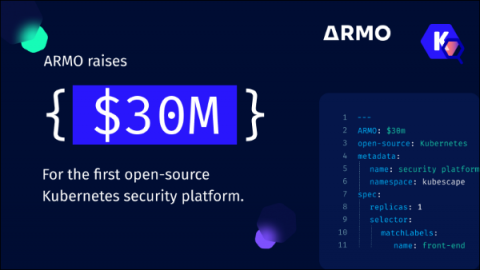Security | Threat Detection | Cyberattacks | DevSecOps | Compliance
Latest News
Protecting your Microsoft 365 workloads with Rubrik SaaS
There has been tremendous growth in Microsoft 365 usage with the current remote work trend, leading to an explosion of Microsoft 365 data. Microsoft infrastructure and platforms support the availability, reliability, and security of this infrastructure by providing world-class perimeter defense, controlling access to keep attackers out, and detecting risky behavior. However, customers are responsible for protecting the data itself - emails, chats, files, etc.
5 Vulnerability Assessment Scanning Tools: 5 Solutions Compared
Vulnerability assessments define, identify, classify, and prioritize flaws and vulnerabilities in applications, devices, and networks that can expose organizations, their products, services, code, and applications, to attack. Security vulnerabilities allow malicious actors to exploit an organization’s applications and systems, so it is essential to identify and respond to them before attackers can exploit them.
Cybersecurity Best Practices for the Oil and Gas Industry
What is a watering hole attack?
The advance of the 21st century brought with it a significant shift in the work scene. Every industry and field relies heavily on computers and the digital world to function seamlessly. However, with it came the ever-mounting fear of cyber attack. Among the many forms of cyber attack is a watering hole attack, also known as a supply chain attack. In a watering hole attack, attackers mainly try to compromise a user by infecting the user’s computer and gaining access to the network.
Falcon Fusion Accelerates Orchestrated and Automated Response Time
In the recent MITRE Engenuity ATT&CK Enterprise Evaluation — which emulated today’s two most sophisticated Russian-based adversaries, WIZARD SPIDER and VOODOO BEAR (Sandworm Team) — CrowdStrike Falcon achieved 100% automated prevention across all of the evaluation steps.
Detect cryptocurrency mining in your environment with Datadog Cloud SIEM
Cryptocurrency mining (or crypto mining) can be a lucrative yet resource-intensive operation, so cyber threat actors are targeting more organizations in order to take advantage of their cloud resources for mining. Datadog Cloud SIEM can now help you monitor your cloud-based systems for unwanted crypto mining via a built-in detection rule. All you need to get started is to configure your resource logs with Datadog’s @network.client.ip standard attribute.
Introducing Datadog Application Security Monitoring
Securing modern-day production systems is expensive and complex. Teams often need to implement extensive measures, such as secure coding practices, security testing, periodic vulnerability scans and penetration tests, and protections at the network edge. Even when organizations have the resources to deploy these solutions, they still struggle to keep pace with software teams, especially as they accelerate their release cycles and migrate to distributed systems and microservices.
Endpoint security and remote work
Remote work is the new reality for companies of all sizes and across every industry. As the majority of employees now perform their job functions outside the technology ecosystem of their local office, the cybersecurity landscape has evolved with the adoption of terms such as Zero Trust and Secure Services Edge (SSE).



